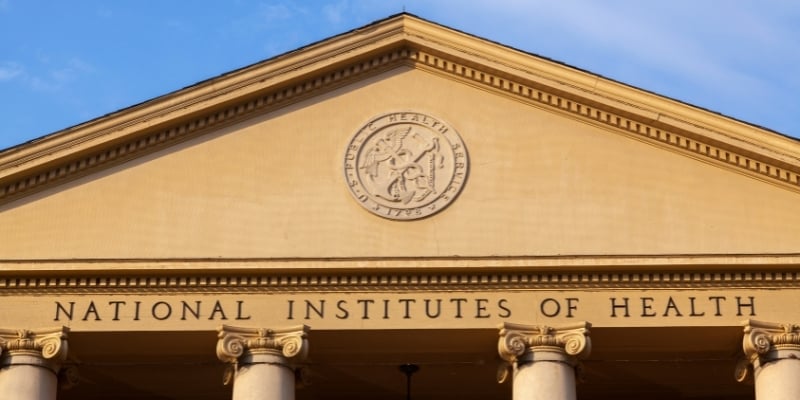The Colorado Department of Public Health and Environment and Colorado School of Public Health released a new modeling report that indicates the spread of SARS-CoV-2 was reduced for much of July and August, leading to declines in hospitalizations and infections. However, in recent weeks, the estimated effective reproductive number has increased while hospitalizations have plateaued.
The latest modeling provides projections based on COVID-19 hospital census data to characterize the current status of the COVID-19 epidemic in Colorado, and the collective impact of efforts to reduce the spread of the SARS-CoV-2 virus. It also provides projections based on various policy scenarios around physical distancing, mask-wearing, and case detection, and containment. The models are based on Colorado data and assumptions based on the current state of the science.
Key findings from the report:
- COVID-19 hospitalizations have been decreasing since mid-July. This decline has slowed and hospitalizations appear to be at a plateau.
- The estimated effective reproductive number has increased following an upward trend over recent weeks. The current effective reproductive number is estimated to be between 0.93 and 1.14. Due to lags between infection and hospitalizations, this reflects transmission occurring through late-August (approximately August 25).
- The model-estimated number of infectious individuals in Colorado remains relatively low. The model-estimated rate of new infections as well as reported cases had been declining since mid-July, but the decline now appears to be leveling off.
- Our current estimate of physical distancing is between 65% and 72% (65% for the week of August 17-25 and 72% during the three-week period August 3-25). If physical distancing remains at 65%, we will begin to see gradual growth in cases and/or hospital demand.
The Colorado School of Public Health (ColoradoSPH) assembled the expert group that works with the state on modeling projections. The group includes modeling scientists at the ColoradoSPH and the University of Colorado School of Medicine at the CU Anschutz Medical Campus, as well as experts from the University of Colorado Boulder, University of Colorado Denver, and Colorado State University.
All modeling reports are available on the Colorado School of Public Health’s COVID-19 website.
The state will continue to review data and model findings as the pandemic continues to inform future policy decisions.






